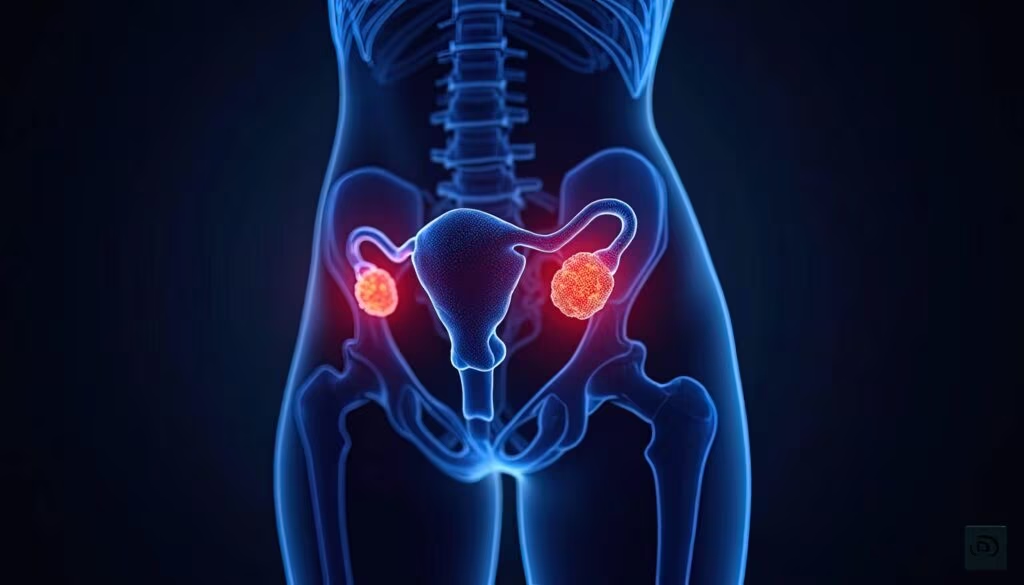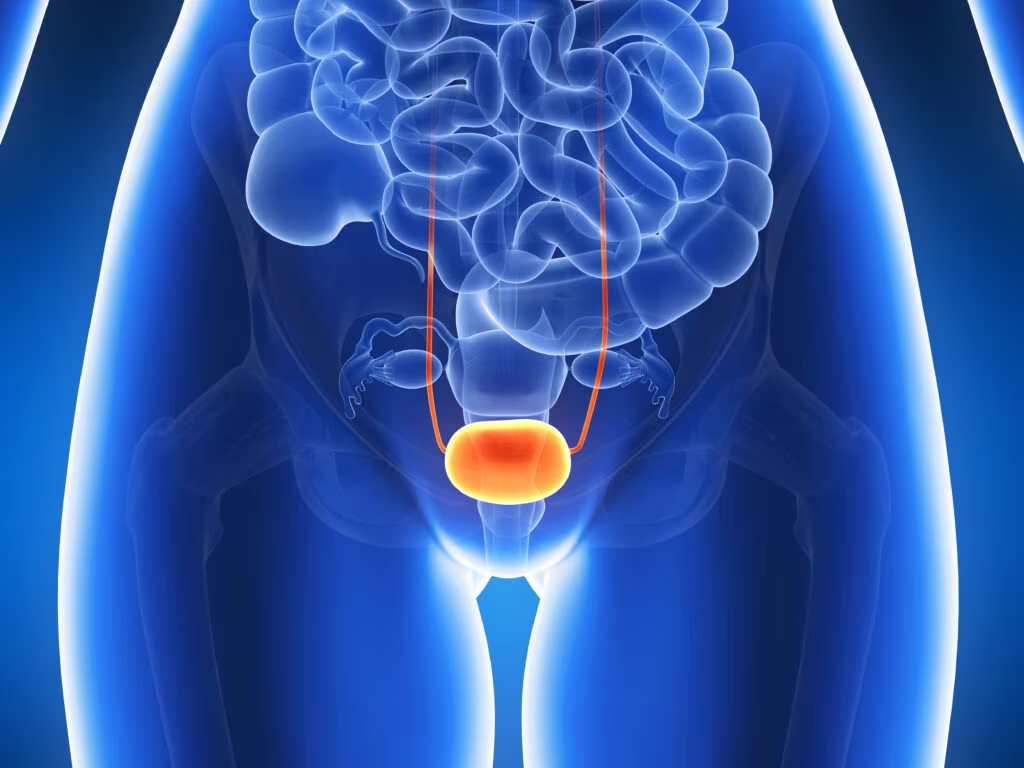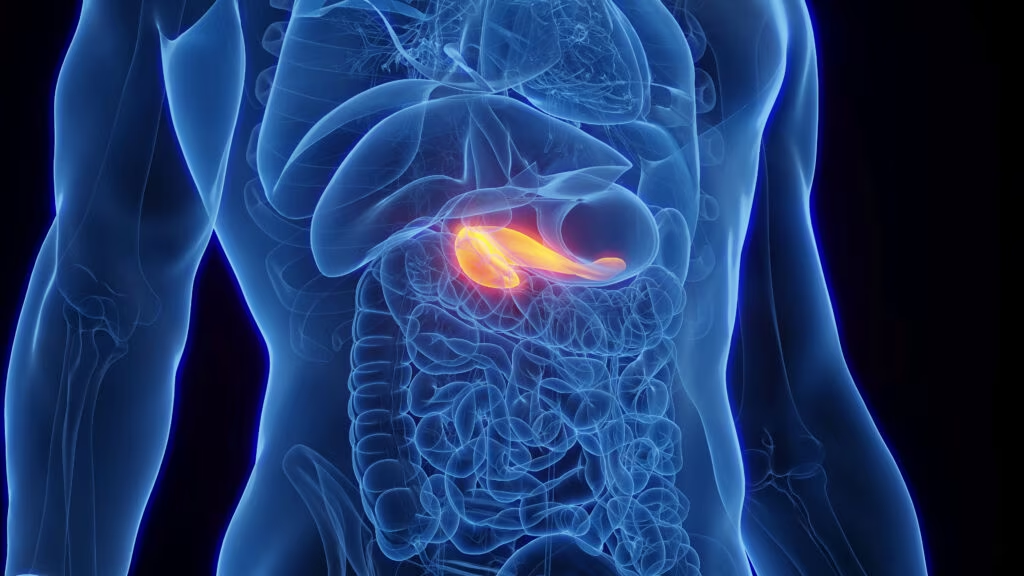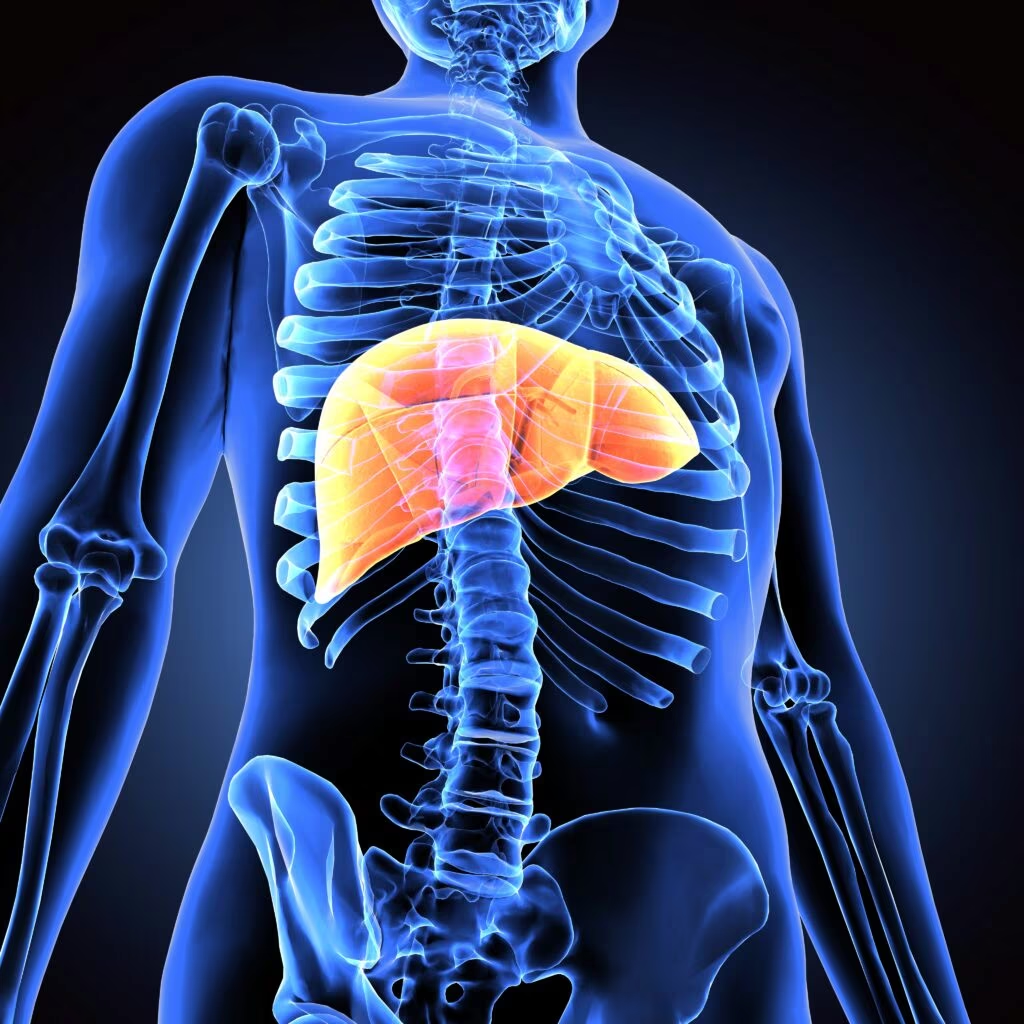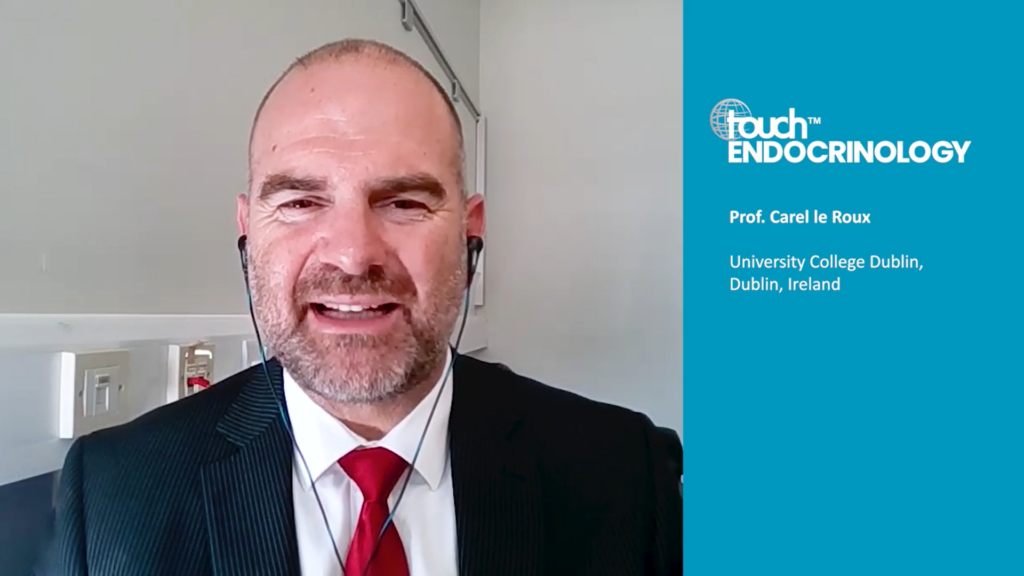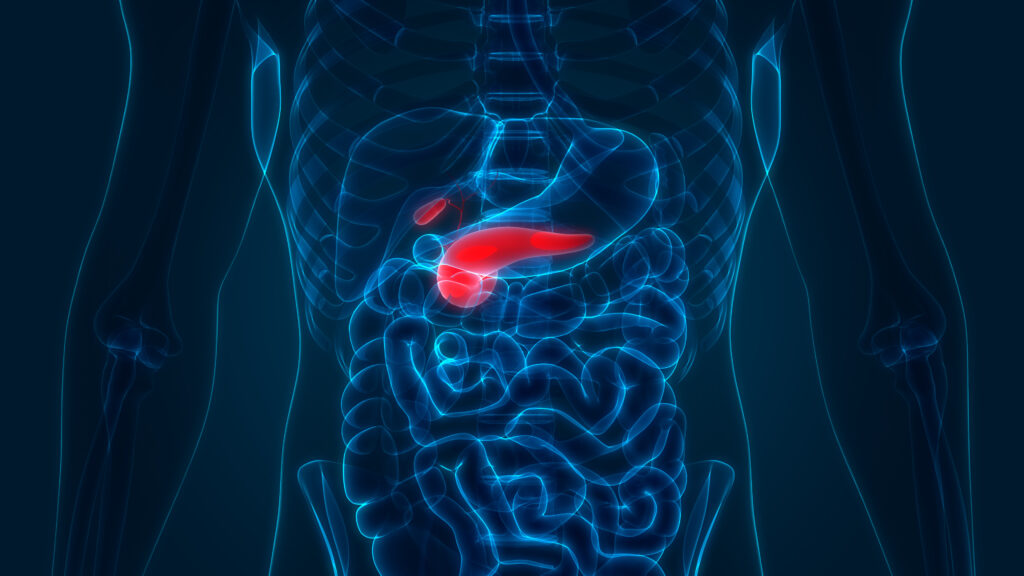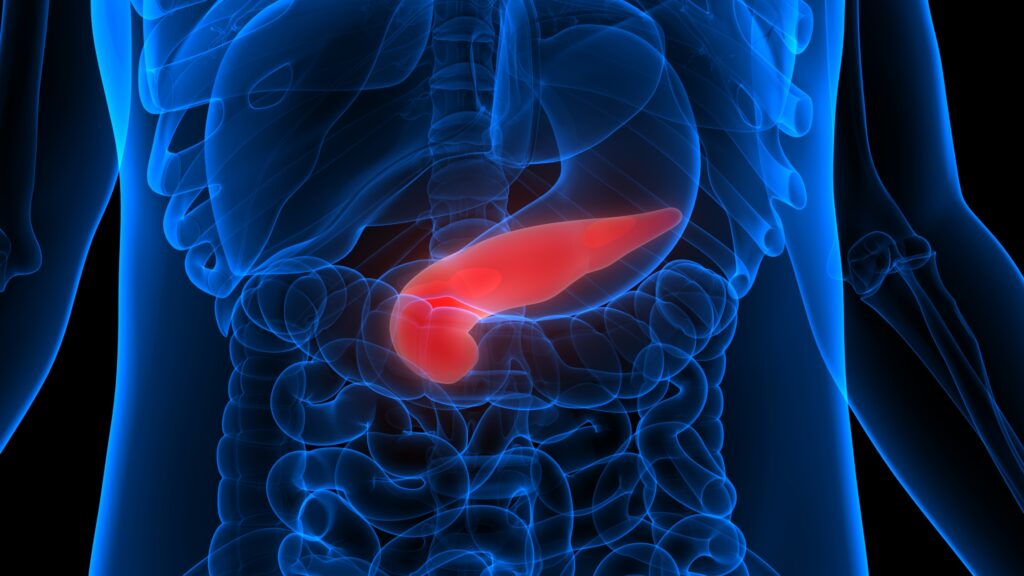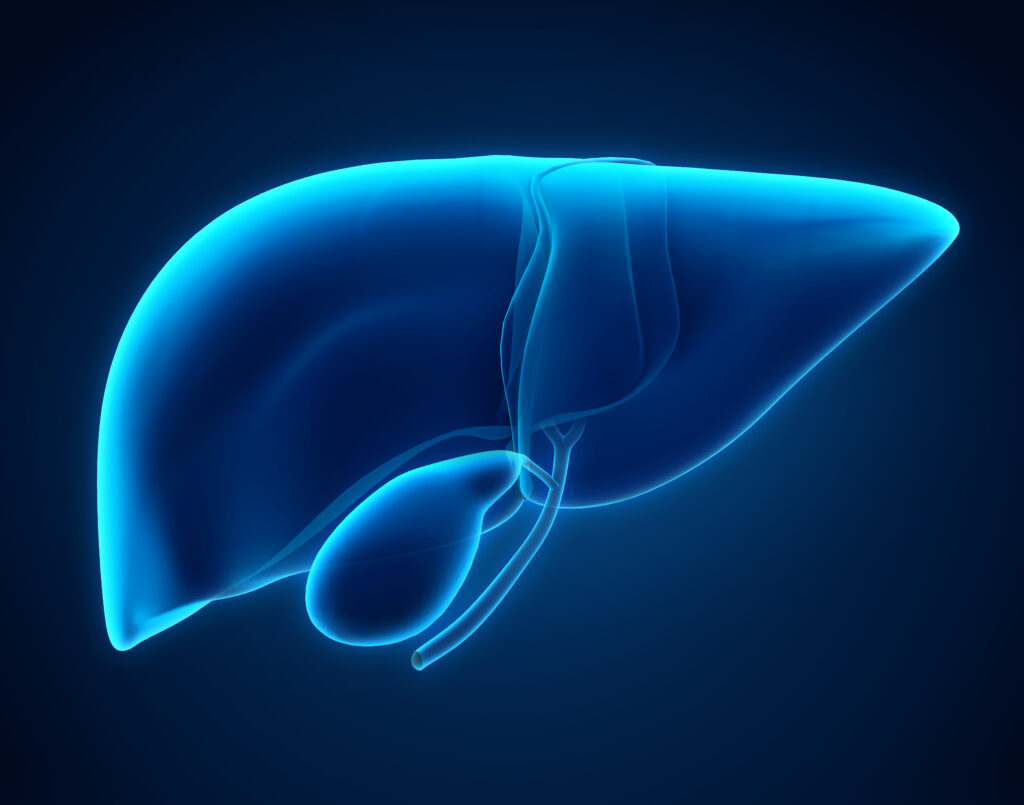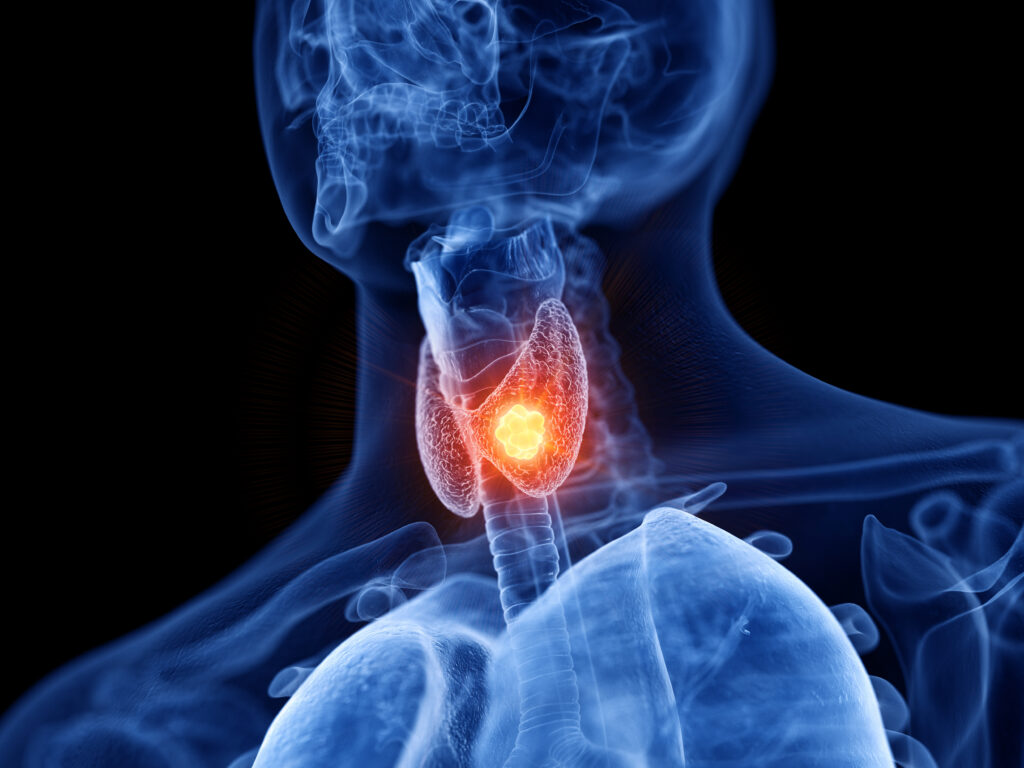



Women and Diabetes: Navigating the unique challenges women face in diabetes care
Women & Diabetes takes centre stage in this interview with Zeina Abou Rizk, Founder of DiaLeb. Zeina explores the unique challenges women face in diabetes care, the power of community and advocacy, and how DiaLeb’s annual panel fosters global awareness, education, and meaningful change through lived experiences and expert insights.
Shaping the Future of Diabetes Care: A Q&A with Dr Linda Siminerio on Education, Innovation and AI
Dr Linda Siminerio, a leading expert in diabetes education and healthcare delivery, shares insights from her distinguished career. Inspired by her father’s type 1 diabetes diagnosis, she has dedicated her work to improving patient education and care models. She emphasizes the importance of a team-based approach and staying ahead of technological advancements. With AI and machine learning already influencing diabetes management, she urges healthcare providers to adapt and engage with these innovations. Through her contributions, Dr Siminerio continues to shape the future of diabetes care, ensuring that patients receive the education and support they need.
Q&A with Prof Svenja Nölting: touchENDOCRINOLOGY Future Leader 2025
Dr Svenja Nölting shares how her international experiences and dedicated mentors shaped her career in neuroendocrine oncology, discusses the profound impact of hormones on the body, and highlights the future of precision medicine in tailoring treatments for endocrine disorders.
Changes in Urinary Aquaporin 2 and Serum Sodium After Catheterization in Elderly Patients with Syndrome of Inappropriate Antidiuretic Hormone and Urinary Retention: A Preliminary Hospital-based Study in Yangon, Myanmar
Hyponatraemia is primarily a disorder of water balance or distribution, characterized by serum sodium (Nas) levels less than 135 mmol/L.1 Hyponatraemia is the most common electrolyte disorder among elderly patients and is associated with increased mortality rates and longer hospital stays.2–4 The syndrome of inappropriate antidiuretic hormone secretion (SIADH) is a frequent cause of hyponatraemia in […]




touchENDOCRINOLOGY
Education, Conference Coverage and Articles

Want to be featured in touchReviews in Endocrinology?
Share your knowledge, influence clinical practices and enhance patient care in Endocrinology today!
- Peer-reviewed, free-to-access
- Indexed on PubMed
- Accepting reviews, research and editorials
- No article processing fees
- Digital features and plain language summaries
- Multichannel content distribution for maximum visibility
Editorial Board
Introducing the Editorial Board of touchREVIEWS in Endocrinology, who support our mission to advance medical knowledge and practice by ensuring the integrity, relevance, and impact of the content we publish. Together, we strive to foster a vibrant academic community and contribute to the continuous improvement of healthcare worldwide.

John Doupis
Editor-in-Chief
Diabetes

Biography
Dr John Doupis is a former clinical research fellow of the Joslin Diabetes Center, Harvard Medical School, in Boston, MA, USA and scientific partner in Beth Israel Deaconess Foot Center Harvard Medical School, Boston, MA. Currently, he is directing the Diabetes Division and Clinical Research Center of Iatriko P. Falirou Medical Center in Athens, Greece. He has served as a principal investigator in many multicentre phase I, II, III and IV clinical trials, most of which have been published in international journals or presented at congresses. He is a registered reviewer and a member of the editorial board for many major diabetes medical journals. He has given numerous lectures in national and international congresses, presenting over 200 abstracts. His special areas of interest are diabetes and its complications, especially obesity, diabetic neuropathy, diabetic foot, as well as the glucose sensing technologies and insulin pumps. In these fields, he has published more than 50 papers in international medical journals, having more than 1,500 citations.

Chantal Mathieu
Editorial Board member
Diabetes

Biography
Prof. Chantal Mathieu is a physician-scientist who has contributed to the field of diabetes and endocrinology through basic and clinical research. Her basic research work focuses on pathogenesis and prevention of type 1 diabetes. Prof. Mathieu’s clinical work involving new products and treatment paradigms in diabetes, such as new insulins, adjunct therapies and diagnosis of gestational diabetes have made her a speaker in international fora. Prof. Mathieu coordinates the European clinical trial network for interventions in type 1 diabetes ‘INNODIA’ and the European project ‘EDENT1FI’ on screening for type 1 diabetes. Prof. Mathieu is president of EASD and vice-president of the European Diabetes Forum.

Diana Isaacs
Editorial Board member
Diabetes

Biography
Diana Isaacs, PharmD, BCPS, BC-ADM, BCACP, CDCES is the Continuous Glucose Monitoring (CGM) Program Coordinator and Endocrinology Clinical Pharmacy Specialist at the Cleveland Clinic Diabetes Center. She provides medication management and runs a robust CGM shared medical appointment program. Dr Isaacs is a Certified Diabetes Care and Education Specialist and holds board certifications in pharmacotherapy, ambulatory care and advanced diabetes management. She has numerous diabetes publications and research projects with a focus on medications, CGM and diabetes technology.

Linda Siminerio
Editorial Board member
Diabetes

Biography
Linda Siminerio, RN, PhD is Emeritus Professor of Medicine and Professor of Nursing, Health and Community Systems at the University of Pittsburgh. She has led a career in diabetes research and education. An internationally recognized expert on self-management education and health care delivery models in both pediatric and adult populations, she serves as the Principal Investigator on many studies related to diabetes treatment.
Dr Siminerio has authored numerous publications and served as editor on several diabetes journals. She was President of Health Care and Education, American Diabetes Association and Senior Vice President, International Diabetes Federation (IDF) and Past-Chair of the National Diabetes Education Program (NDEP). In these positions, she has organized and led national and international efforts on the development of programs, standards and care models directed toward health professionals, patients and the community.
Dr Siminerio served as organizing chair for the International Diabetes Federation (IDF) World Diabetes Congress and IDF translation research program, Building Research in Diabetes Global Environments and Systems (BRIDGES).

 touchENDOCRINOLOGY
touchENDOCRINOLOGY
Register Now!
Explore the latest in medical education and stay current in your field. Create a free account to track your learning.
- Save your progress for video
- Keep track of your CME credits
- Add personalised learning notes
- Receive updates from course leaders and faculty
- Be the first to hear about new and exciting interactive learning opportunities
Log into your Touch Account
Earn and track your CME credits on the go, save articles for later, and follow the latest congress coverage.
Sign up with an Email
Or use a .
This Functionality is for
Members Only
Explore the latest in medical education and stay current in your field. Create a free account to track your learning.

